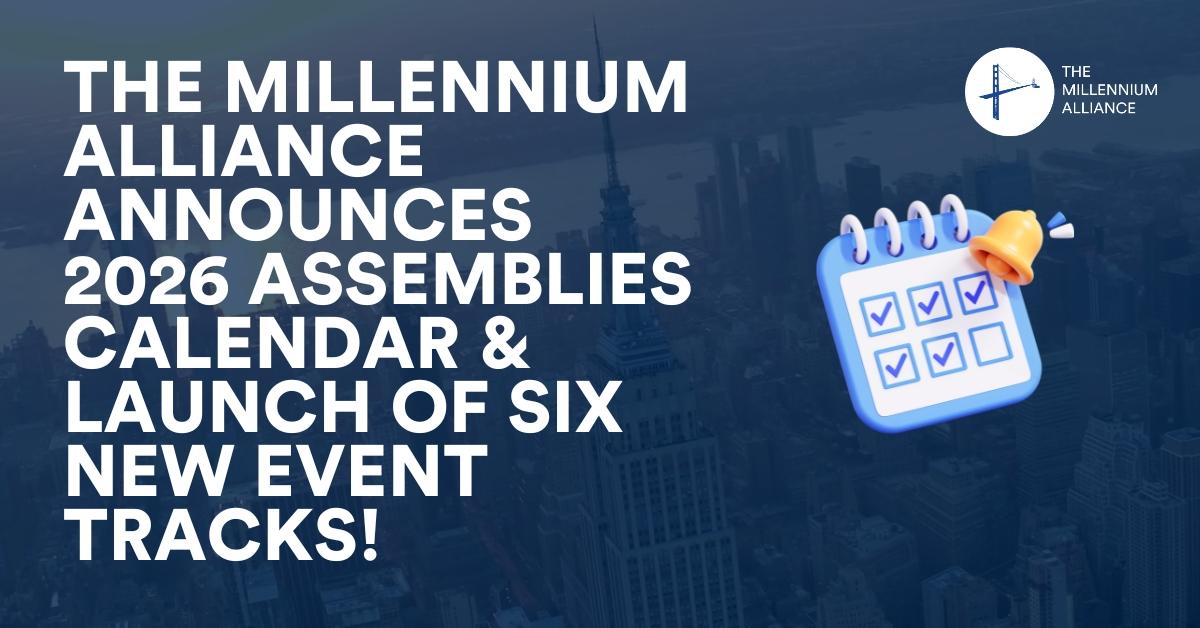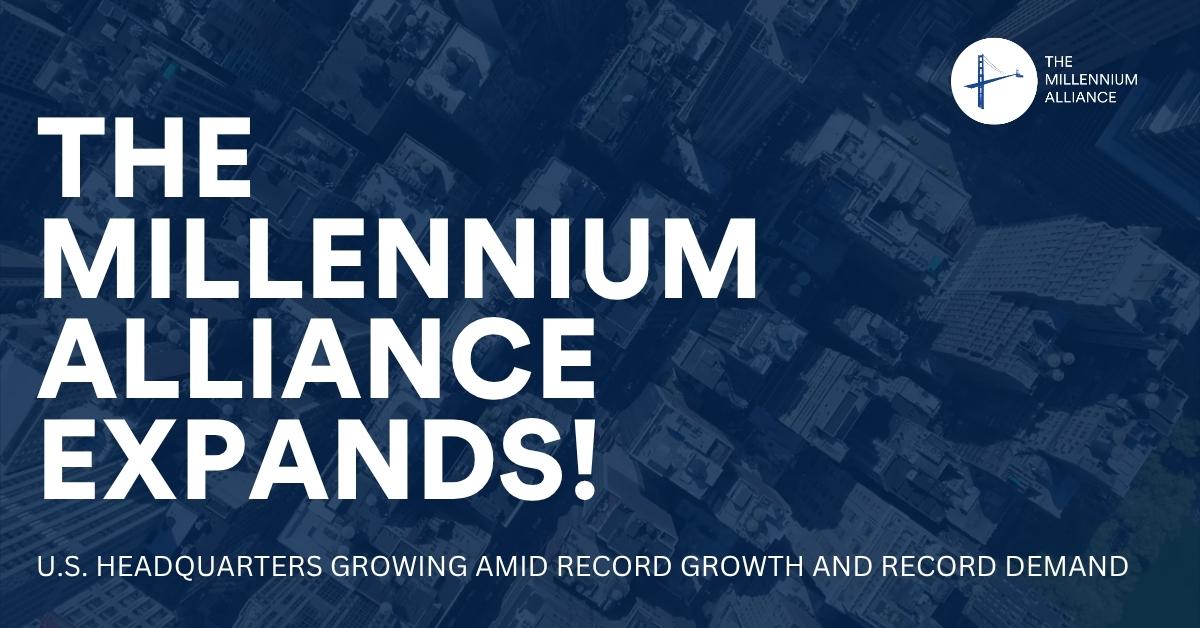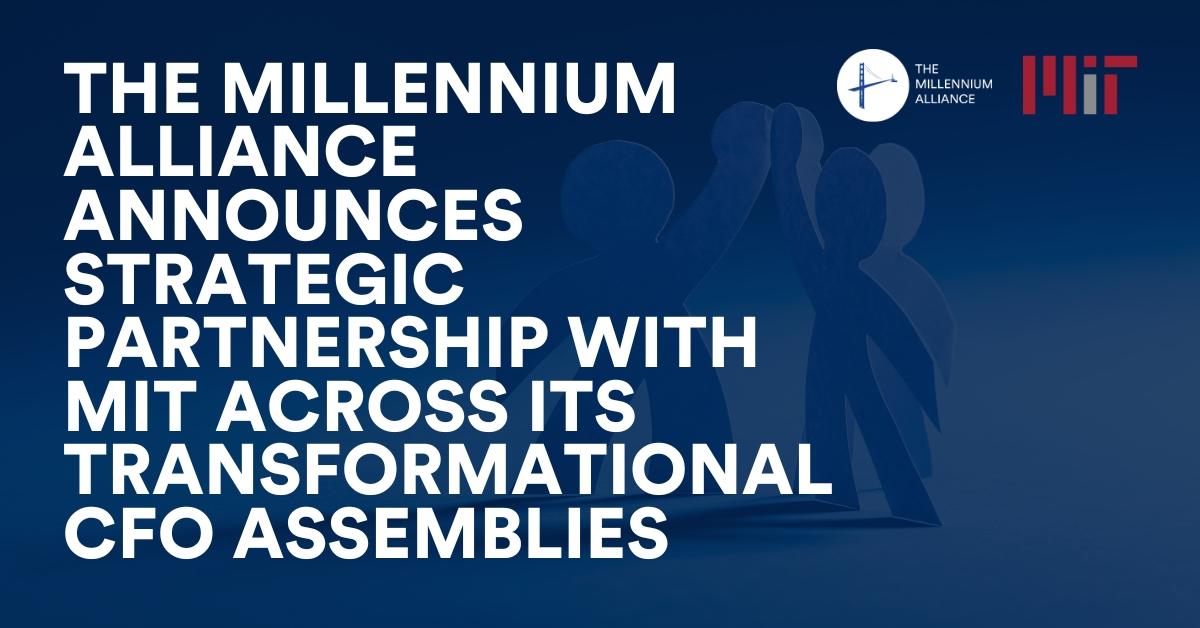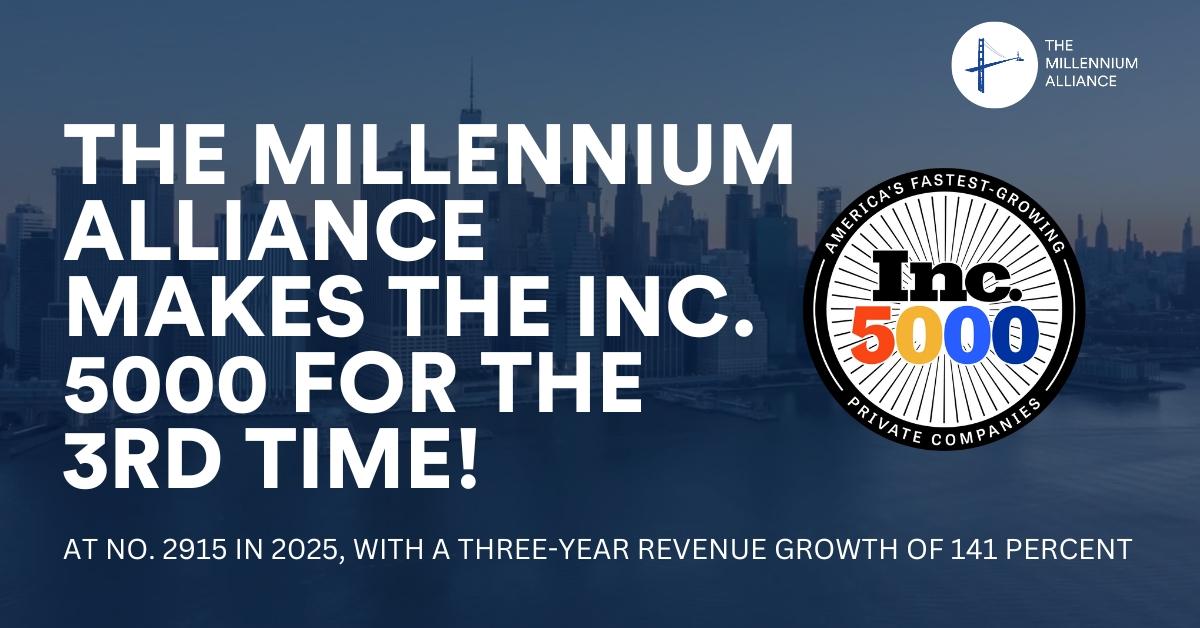In the digitally-driven world that we live in today, we are connected to each other more than ever before. Whether we are sharing rides via Uber, hospitality services via Airbnb, or products via eBay, we are easily connected with one another and support a new kind of economy that is changing the way we interact with goods and services.
“The sharing economy is proving to be the biggest business trend of all time; and as we say goodbye to 2017, we could look back on the year that saw potential valuations of this new economy soar to $2 trillion and to the battles in cities across the world to adapt to new models of accessing shared resources.” Sustainable Brands reports.
This economy is referred to as the sharing economy, and just as the name suggests, it refers to all the services that are designed to be shared among consumers.
Where It All Began
As mentioned before, the sharing economy began when companies like eBay, Uber, and Airbnb arrived. These companies were developed with a common goal in mind: to allow consumers to be able to turn to a marketplace in order to exchange goods and services. Uber relies on a vast amount of drivers to carry out services, Airbnb provides rentals through an online marketplace where consumers have the option of sharing their home with potential renters.
These marketplaces opened up a new opportunity for the financial service industry. Once consumers started to rely on peer to peer relationships for their needs, the banking industry caught onto the fact that customers will go to other means of banking, besides a bank.
“By 2020, consumers will need banking services, but they may not turn to a bank to get them. Or, at least, maybe not what we think of as a bank today. The so-called sharing economy may have started with cars, taxis, and hotel rooms, but financial services will follow soon enough.” Investopedia reports.
Airbnb brought many changes to the hotel sector, just as Uber brought many changes to the transportation industry when it comes to supply and cost-effectiveness.
On the supply side, technologies like those that facilitate the sharing economy have given rise to cost-effective alternatives to traditional lodging and will put downward pressure on pricing power in the lodging sector.” Amp Capital reports.
The Sharing Economy Disrupts Financial Services
The digitally-driven sharing economy holds a real potential in the financial services industry. According to PwC, the sharing economy will be one of the most disruptive forces this sector has seen, 2020 and beyond.
“The sharing economy will be embedded in every part of the financial system,” PwC reports.
We have seen the fintech industry expand, as technology continues to grow. The fintech industry has emerged into the finance industry, offering a variety of new tools and services to customers. This relationship will continue to expand in a sharing economy, because peer-to-peer lending financial services firms will create new partnerships with these FinTech companies, expanding into traditional banks.
This relationship roots from the fact that customers are getting smarter when it comes to the options they have when it comes to a digital front. In other words, some customers are trusting technology companies for peer-to-peer payments as opposed to traditional banks. A great example of a technology company emerging in the financial services industry is Apple. Apple has created a platform for iPhone users that allows consumers to transfer money in a seamless way. Ordinary individuals are able to raise funds and communicate with retail investors.
“Instead of using relatively high-cost bankers to broker the connection between those who have and those who want, the disruptors are using technology to make the match: faster, cheaper, and maybe even better,” PwC reports.
Opportunities For A Sharing Economy
A sharing economy brings forward many opportunities and challenges. For starters, the sharing economy will help the future of work immensely. This means that the sharing economy will emerge and create better support systems for those working in a sharing economy because of the flexibility that this economy brings. The new platforms that emerge in this economy will benefit workers and create new work as well.
“How our work and business bring value to ourselves and to others, the benefits of being part of connected communities and the ability to pursue our passions so we can live the life we want will become ever more important as the sharing economy takes hold in 2018 and continues to transform our lives and our future.” Suistanable Brands reports.
As we move into 2018, we will keep an eye on where sharing economy is going, and how businesses can benefit from such a unique structure.
ABOUT FSI TRANSFORMATION ASSEMBLY
C-level IT leaders in the financial services and insurance sectors are dealing with many 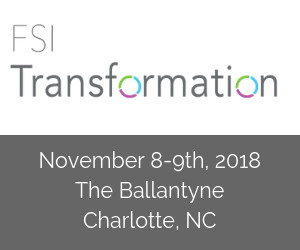 challenges as digital transformation becomes an imperative. Understanding not only the convergence of Mobile, Social, and Cloud but also the possible implications of Artificial Intelligence, Machine Learning and Blockchain is vital to stay ahead of the competition.
challenges as digital transformation becomes an imperative. Understanding not only the convergence of Mobile, Social, and Cloud but also the possible implications of Artificial Intelligence, Machine Learning and Blockchain is vital to stay ahead of the competition.
Join us at FSI Transformation Assembly for updates on the latest digital technologies and strategies.
Download your copy of the sponsorship prospectus here for more information>>





